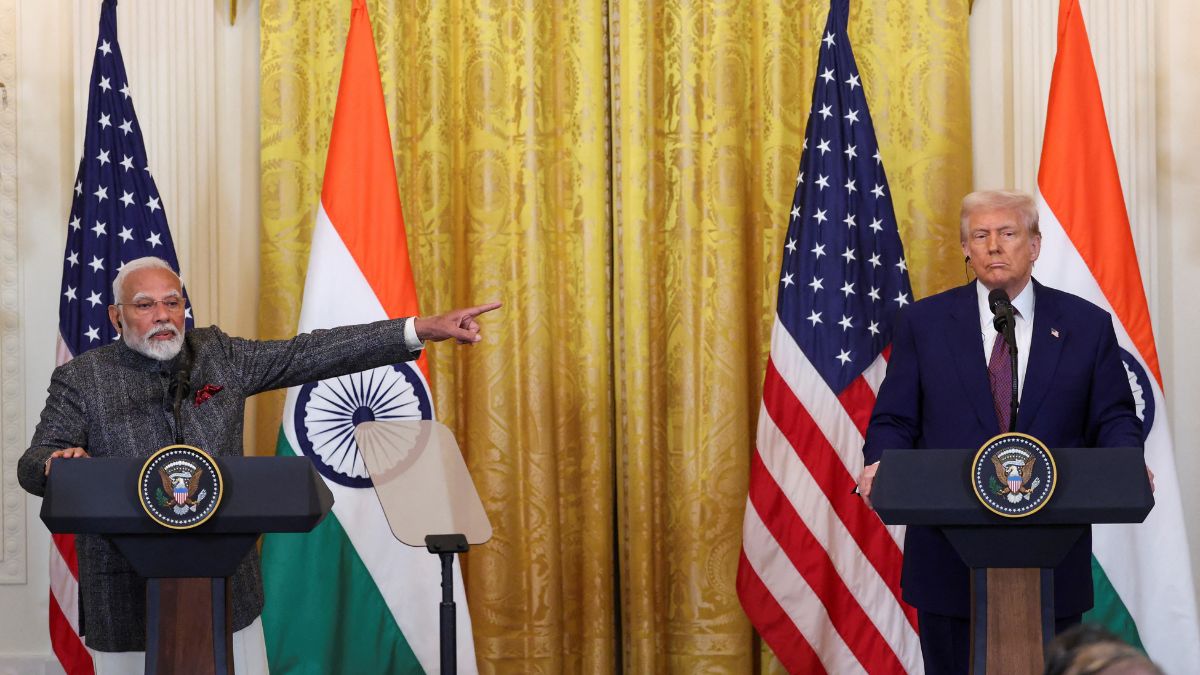)
India to scrap 'Google tax' on digital ads in bid to defuse tensions with US ahead of April 2 tariffs
- 25.03.2025 14:42
- firstpost.com
- Keywords: Google Tax, Meta
India will remove the 6% 'Google tax' on digital ads from April 1 to ease tensions with the US ahead of potential trade tariffs. The move, part of a Finance Bill amendment, scraps the levy imposed on foreign tech firms like Google and Meta.